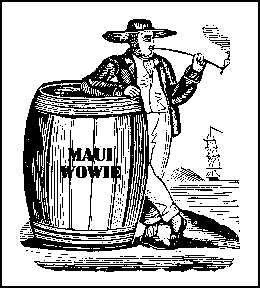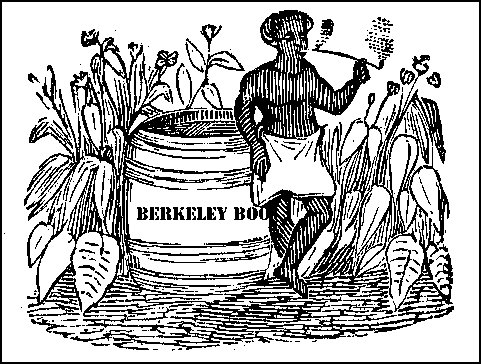The Patient's Fight
For Medicinal Pot
Robert C. Randall
and Alice M. O'Leary
(Avalon Publishing Group
Thunder's Mouth Press)
 Eyeballs explode, stomachs rupture, people writhe in pain, and moaning, starve to death. Those who can provide relief instead withhold it, and persecute those who try to help.
Eyeballs explode, stomachs rupture, people writhe in pain, and moaning, starve to death. Those who can provide relief instead withhold it, and persecute those who try to help.Bad science fiction? No, these are actual consequences of the government refusal to allow seriously ill patients access to medical marijuana. Despite the support of over 80% of the public and reams of medical testimony proving that marijuana reduces ocular pressure in glaucoma patients, decreases muscular spasms in those with multiple sclerosis and alleviates nausea in cancer and AIDS patients, despite laws in two-thirds of the states allowing the use of medical marijuana, the U.S. government has allowed only 34 sufferers to legally partake of the one substance medically proven to help them --- marijuana.
Now, to me all marijuana is medical marijuana; I credit the herb with a strong assist in living my own happy life. I also seriously think legalizing pot, should it ever happen, will only make it less fun. But I grew up in prohibition Oklahoma, when a call to the bootlegger produced a bottle of Scotch at the door in thirty minutes. A ten changed hands and the man in the overcoat walked away, leaving us rotten little snobs to drink our crappy booze on the rocks, or with soda. So "legal" means little to me.
But this is about those in pain, about those who cannot find pot or pay street prices. Robert Randall, twenty-four years old in 1972, was blind in one eye, losing sight in the other. Doctors told him glaucoma would blind him before he reached thirty. After smoking a joint he noticed that his vision improved. His doctor confirmed that his condition stabilized. A few months later Randall and his partner, Alice O'Leary, were busted for cultivating four plants, and their lives took that fabled left turn.
They began petitioning the government for access to medical marijuana. It grew into a campaign to allow physicians to prescribe marijuana and to make provisions for providing it to the patient. Marijuana Rx is the story of that campaign, still being waged after 25 years. It became Randall's life.
He candidly states
What job would permit me to practice mass rhetoric, write press releases, do interviews, alter public opinion, enact laws, engage in national politics and smoke ten joints a day? Jobs like this aren't advertised in the classifieds.
In 1976 he became the first American to be granted legal access to medical marijuana, grown on a government pot plantation and delivered to him in neatly rolled cigarettes marked with a tiny "M." I have abandoned my cynicism about the reasons people are drawn to causes and forgiven an ingenuous style that pretends to remember every nuance of every minute twenty years ago (stoned, yet!) After Edmund Morris' biography of Reagan --- Dutch --- much can be forgiven.
Randall and O'Leary somehow manage to make the bureaucratic nightmare that almost drove them nuts into a fascinating story. It reads a lot like the best-seller A Civil Action. Much of it takes place in courtrooms and in front of TV cameras. The uncertainty that makes thrill-junkies of all decent trial lawyers drives this book, too.
Like most socially conscious populist efforts, the victories seem ephemeral, the defeats crushing. Unlike most socially conscious populist efforts, medical marijuana legislation is supported by conservative Republicans. It turns out they get cancer and glaucoma and AIDS, and suffer like the rest of us. And like the rest of us, from Queen Victoria to the junkie dying of AIDS, we are all comforted by the humble plant. So in a way --- the need for this book is a mystery. With the law and the facts and public opinion from left to right on the side of medical marijuana, what happened? Everyone knows marijuana has medical value, but there is no profit in such knowledge.
I like the herb, I like the cause, I like this book. Read it, and along with the patients denied marijuana's benign help, weep.
